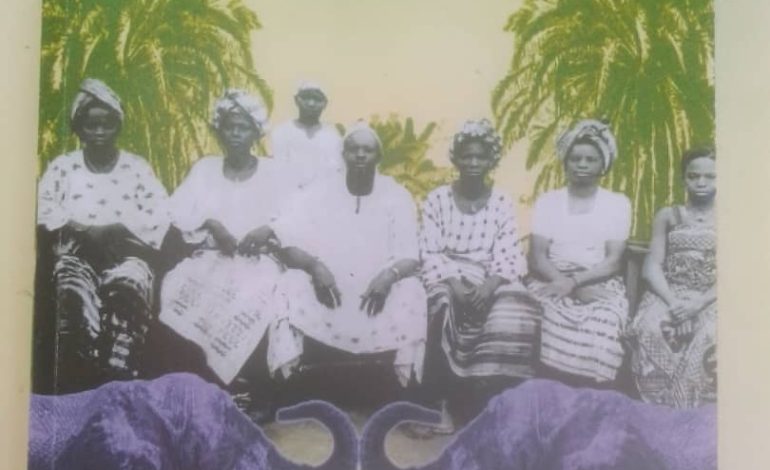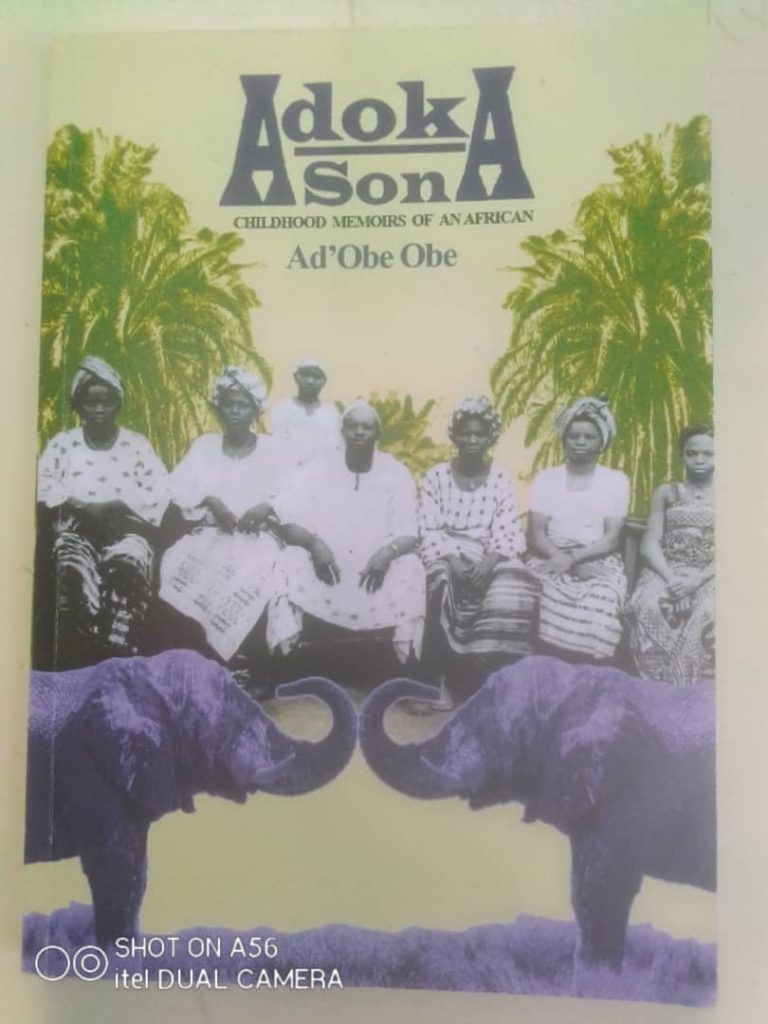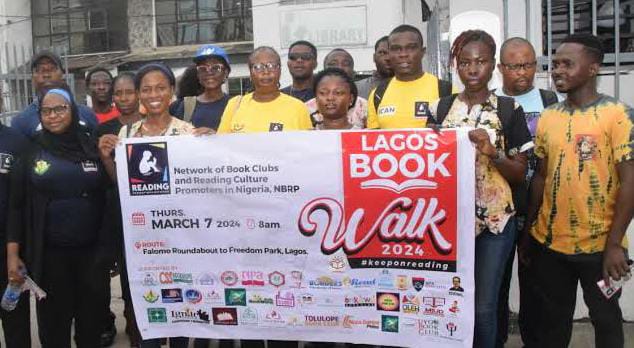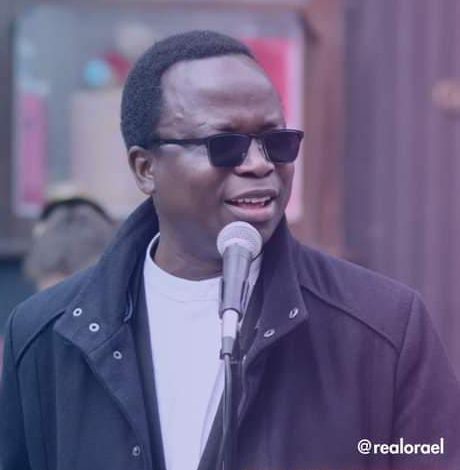Chronicling the charmed life of Ad’Obe Obe in ‘Adoka Son’

By Anote Ajeluorou
CHILDHOOD can be such fantastic period in a man’s life, especially when experienced at the intersection of a fabulous change to the life of a people, when a whole nation is at the cusp of a new awakening that would radically cause a major shift that some cynics may even call an annoying rift, where the old is being shed for a newness that no one can properly predict or even understand, but are borne along nonetheless. That can best sum up the childhood period that Ad’Obe Obe relates to his readers in his memoir, Adoka Son: Childhood Memoirs of an African (Yunhouse Publishing, Abuja; 2022). Both his birth and upbringing are fit materials for folk narrative.
Although his father was not educated, he became the recipient of the proceeds of an educated man nonetheless, as the supervisor of works for the construction of the first major road from Makurdi to Otukpo. This privileged position earned him closeness to and material benefits of the whiteman who was just making inroads into the Benue hinterland at the time from the Igbo country. As a result, Obe’s father became the instant elite of his generation and his son would similarly reap the benefits of such exalted position by being the third set of pupils admitted to the local primary school at Ogobia.
He should have been the seventh child, but he turned out the only who survived at birth after six wasted pregnancies. This earned him the telling name ‘Alechenu’ – the unexpected. This would mark him out. What was more, he is the incarnate of his paternal grandfather; this singular occurrence would make him special in the eyes of his paternal grandmother, who would have an emphatic say in his life, how he’s being brought up and where. A formidable woman, Grandma Ob’Ikwu would insist on appropriating Obe, as her returnee husband, and promptly declares his grandson ‘Obonya Ododo’ (My Husband the Magnificent), and vows to bring him up properly as an Idoma son, not one being reared on the roadside like a rabbit by a road construction father. She forcefully put her argument forward for keeping Alechenu to herself thus, ‘You wretched men think a vagina is an intellectual disability. You are totally wrong!’
And in all her interactions, Grandma Ob’Ikwu shows the resourcefulness of Africans in pre-colonial times and in the face of the formidable change the whiteman was bringing – that a lack of the whiteman’s newfound education and way of life that was at variance with African communal living do not mean a lack of native intelligence and how to navigate the world. She foretells her grandchild’s future as being wrapped up in her late husband’s visionary life, as one who would lead the Idoma charge into the new future that was unfolding with the whiteman’s incursion. Grandma Ob’Ikwu wields the voices of the women in her generation and those to come; in fact, she had the consciousness of what would later be known as feminism, as she regularly took the men on the sensitive subjects of child upbringing and the place of women in the world.

Obe grew up at the most transformative period of his native Idoma and all of Nigeria, where the whiteman was making serious inroads to the hinterland and not only touching but changing everything on his path. But the African and Idoma roots were still strong in Obe’s home and how he was being brought up. Idoma traditions defined his upbringing in spite of the new-fangled developments that surrounded him, with his father at the heady incursion of the foreigners as road construction arrowhead. As the disputed moment when Grandma Ob’Ikwu almost forbade him returning with his parents to the road construction abode, appropriate libations were poured and the ancestors beseeched to look after their grandson. And then an Oda-Oko ancestral tree sapling was plucked and Obe rode with it on his father’s shoulders all the way home for the ancestral tree to be planted where Obe was to be raised to signify a transplantation of his Adoka roots to his present place of abode since he was being raised away from his ancestral roots! Riding on his father’s shoulders clutching the Oda-Oko stem was also reminiscent of an earlier adventure of the founding fathers of Adoka clan; Obe was merely replicating a generational feat.
Apart from his father and Grandma Ob’Ikwu, the Idoma king, Och’Idoma, Chief Ogli Oko (his aunt was married to Och’Idoma and had the benefit of close relationship with the king), his weird Uncle Ella were the greatest influence on his life. Uncle Ella was manic to the point of delirium, as he embraced nudity as a way of life, perhaps beyond Africa’s normal. This would attract him the friendship of the visiting white anthropologist McConnel, Umakone, as the Idoma would call him. It was Ella who would save Obe from being buried after he ‘died’ a third time. Ella is a phenomenal and colourful character you can’t help but like in his quaint ways, who had many interesting conversations with McConnel, as the two tried to understand the cultural perspectives that defined each other’s peoples.
Obe’s Adoka Son is replete with great Idoma wisdom and traditions that defined and still define the daily lives of the people – ancestors and their influence over the living, the belief system and all that make up the Idoma cosmic worldview. Och’Idoma and Ufada’s (Rev. Father) exchange on African and Christian religions is keenly rendered with no resolution on either side. Och’Idoma vanishes when Ufada pressed him to abandon his father’s religion (Alekwu) for his new one (Jesus). Obe’s father and Catechist Gregory would also not see eye-to-eye on the same subject and when many wives began to join Obe’s father’s swelling harem, Gregory’s faith in converting him sank. Obe’s father would listen to his son’s side of a charge before he makes a verdict, like when he dropped his pants before the white reverend father or when a man dragged Obe before him for violating his daughter…
Adoka Son is a hilarious as much as it is a historical and anthropological book that will keep you laughing at every page you turn although it could have benefited from better packaging, editing and print quality. Told in simple but arresting narrative, Obe’s Adoka Son, although a personal memoir, fills an important void in writing Idoma into national and global reckoning, as it reads more like a fictional account the way Obe has rendered his personal story that assumes Idoma national narrative all at once. Around his own person, Obe has packed a punch of interesting Idoma mythology and belief system, with Ogwoja as professional purveyor of enthralling tales who perhaps told the greatest vagina tale ever. This is an Idoma book you’d read and reread and still be amused and entertained and drawn into the Idoma world. Obe would also be a purveyor of Idoma light, as one of the firsts among Adoka’s sons to aspire to higher education at St. Paul’s College, Zaria.



